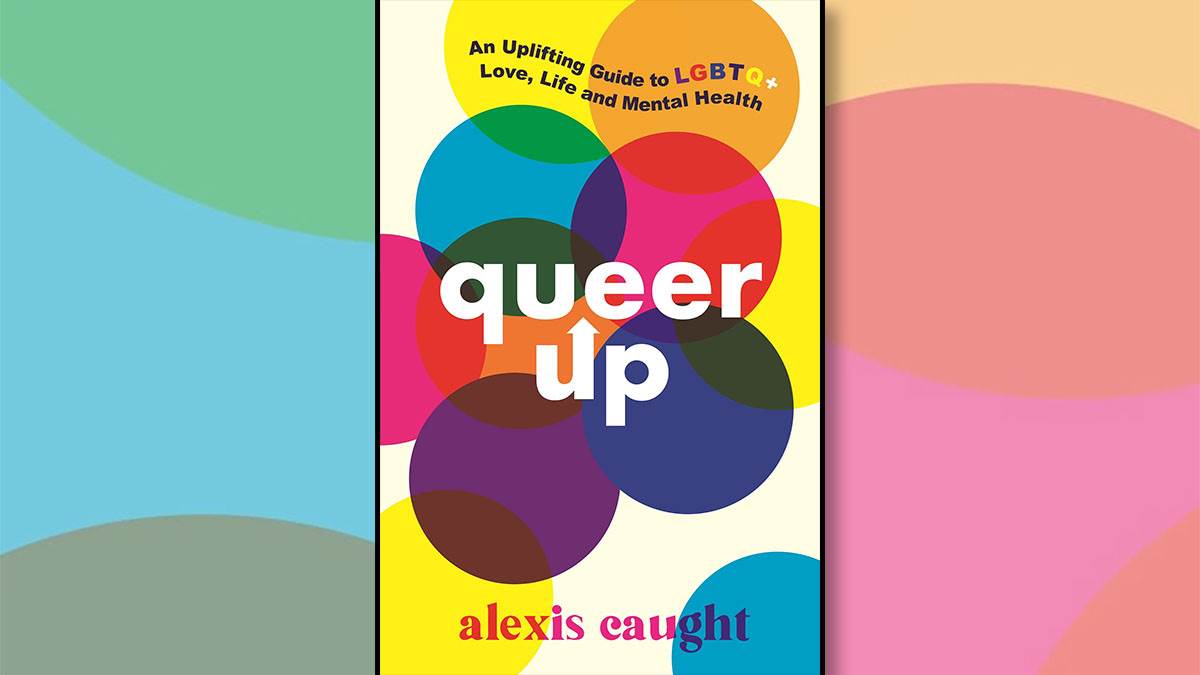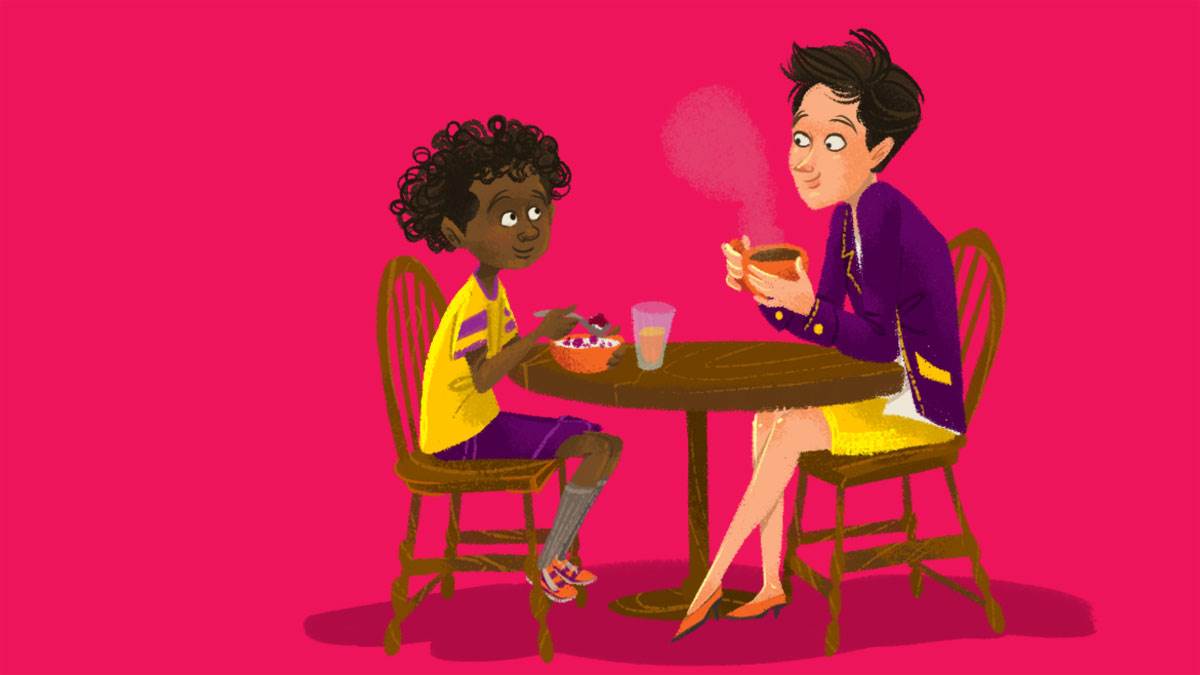8 top tips for parents of LGBTQ+ (or questioning) teens
Published on: 09 June 2022 Author: Alexis Caught
Alexis Caught is a writer, podcaster, therapist and author of Queer Up: An Uplifting Guide to LGBTQ+ Love, Life and Mental Health, written to support queer, questioning or curious teens (and their parents) explore the world of LGBTQ+ identity.
Here, Alexis shares eight top tips for parents of LGBTQ+ teens...

1. Make space
Making space for them to come to you to talk, question and discuss is vital so that they don't feel they have to have everything figured out before they come to you.
Making space can be as simple as dropping gendered assumptions in conversations. Rather than asking, 'Is there a boy/girl you like at school?', simply rephrasing it to, "Is there anybody you like?' is a small signal that a questioning teen will pick up on.
2. Be understanding
This may be nothing to them, they may have known it for ages, or it may be a BIG DEAL and overwhelming for them, so be understanding in your conversations. Do they seem nervous? Are they sure of themselves?
But also, try and be understanding of what it means to them, not to you. Check your own emotions, and remember that this isn't about how you feel, or what you wanted for them (most likely the sort of future you'd imagined for yourself). Be understanding that this can be a tough time, and allow them some grace if they act out.
3. Let them lead
We can think that asking lots of questions sets us up to best help, and in a way it does, but it can also feel like an interrogation. Ask them how much they're comfortable discussing, disclosing and sharing (including who else knows and who you can discuss it with), and let them set the boundaries and pace of this.

Illustration: Erika Meza
4. Be active
It's understandable if this may sound like a contradiction, given my previous point, but you need to be active and vocal in your support. It can't just be, 'Well, I'll say nothing until they say more.' Check in on how they're doing, ask how they're feeling, and make it actively clear that communication is open.
Similarly, be active in learning about the issues they may face (the internet and books are great places for more insight) as well as being active in other ways too, such as:
5. Connect with the community
Do they know any other LGBTQ+ people in their lives? Role models to look up to, young queer people their age to bond and share with, and films and TV shows they can watch are all vital for them to feel seen, validated and less alone.
Be active in how you, and they, connect with the LGBTQ+ family - our history, values and politics (you're a part of it now too! Parents are welcomed in!). Look out for events that you can go to together, too. This includes reaching out to organisations for more support, like Stonewall or Mermaids.

Illustration: Emily Rowland
6. Be aware of the risks
Unfortunately, homophobic and transphobic bullying is still the number one form of bullying in schools, with queer teens at greater risks of mental health issues, self-injury and suicide as a result.
Stay alert to any changes in their mood and demeanour, and make it clear that you're there for support, no matter the issue they may be facing (many people who are bullied feel shame about it, and so don't speak out).
7. Fight perfection
In both you, and in your child. Many LGBTQ+ people can feel they have to strive for perfectionism, to excel, in order to counteract the shame many of us feel, but this can just exhaust us. Make it clear that your love and support of them are not conditional upon how well they do or what they achieve.
Similarly, release yourself from the need to be perfect. Parenting is hard, nobody can get everything right, but influential British child psychoanalyst Donald Winnicott found that when parents strive for perfection, they get in the way of themselves. All we need to be is good enough.
8. Love them
Seriously, that's the most important thing. Love them. That's your job as a parent, and with time, patience, understanding, and love, you'll get through the rest of it together.
Teen and YA books with LGBTQ+ characters
Check out our list of suggested reads here - we're recommending brilliant stories for teenagers featuring LGBTQ+ characters.
Transgender and non-binary characters
Find recommendations of brilliant books featuring characters who identify as trans, non-binary or gender fluid alongside non-fiction titles that explore these themes.







